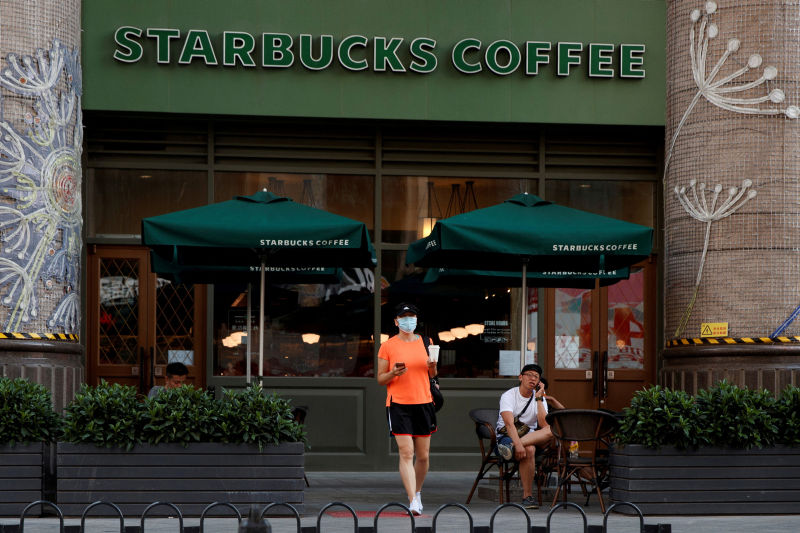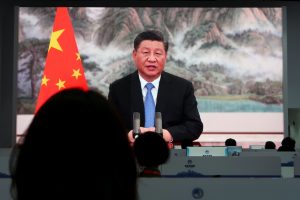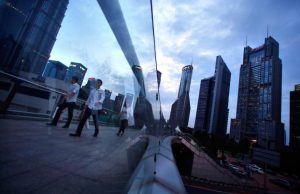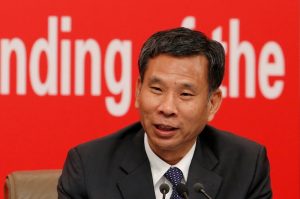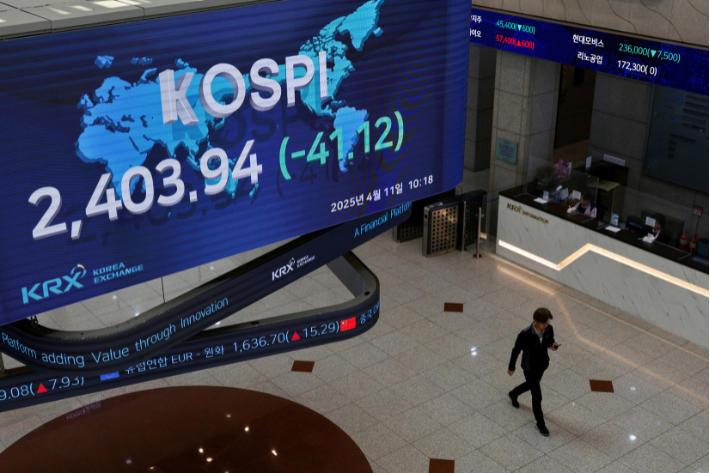China is headed for an economic upswing despite the effects of a policy-induced downturn and continued isolation due to the coronavirus pandemic, according to Morgan Stanley researchers.
With gross domestic product growth decelerating to just 3.3% in the fourth quarter of 2021, policymakers have hit pause on deleveraging and have begun to ease both monetary and fiscal policy.
“In the current cycle, with the sharp pickup in external demand, policymakers stuck to their playbook and tightened macro policies to slow infrastructure and property spending,” economists Chetan Ahya, Derrick Kam and Jonathan Cheung wrote in a commentary.
“But the Delta wave-led restrictions further weighed on consumption growth,” they noted.
The economists said Chinese authorities recognise the need to revive private business and market sentiment towards China’s growth outlook. “Policymakers will continue to take action to stem the downturn.”
External Demand Deteriorated
China’s tightening started out as countercyclical, typically when external demand is strong, but it eventually became pro-cyclical, because external demand conditions deteriorated.
“Once growth decelerates beyond the policymakers’ comfort zone, their priorities shift to stabilising growth and preventing an adverse spillover on the labour market,” they added.
At the recent Central Economic Work Conference (CEWC) policymakers acknowledged that China’s economic development is facing three pressures: demand contraction, supply shock and weakening expectations.
The economists noted that over the years, China has experienced a number of mini-cycles. “This year brought another iteration – the economy started the year on a strong footing but has entered a policy-induced downturn.”
The pandemic remained the key risk, Morgan Stanley said. “Omicron’s greater transmissibility suggests to us that China’s Covid-zero policy … could force China to impose more selective, surgical shutdowns than during the Delta wave.”
• George Russell




